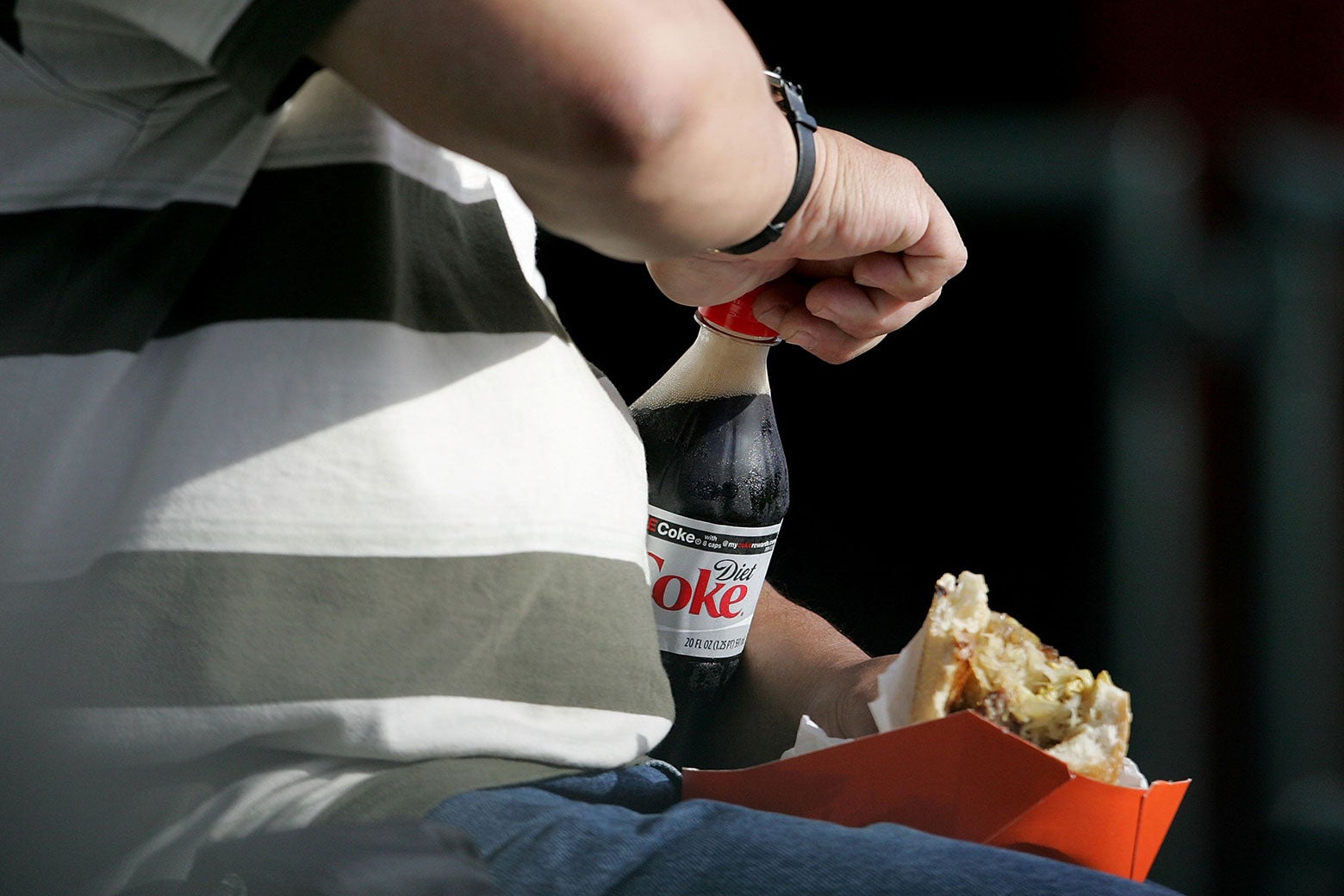
"Society has a remarkable love-hate relationship with artificial sweeteners. Originally marketed as a miracle-enjoy your favorite foods without the nasty sugar!-they're now the target of wellness influencers across the internet. It's not just health "coaches" and homesteading moms leading the charge: This year's deeply problematic Make America Healthy Again report singles out artificial sweeteners as one of the major issues with American food."
"Recent headlines seem to support this belief. According to dozens of articles, artificial sweeteners are harming our cognitive health. The news sounds scary for those of us who enjoy the occasional artificially sweetened soda, let alone the (many) people who consider a can of Diet Coke to be a personal accessory. What if these chemicals really are destroying our neurons?"
"These alarmist headlines are based on a new study that analyzes a medium-sized cohort of Brazilian public servants. People were asked once about the foods that they ate and then followed up with for about a decade, and then the authors looked at the association between various sweeteners and later cognitive health. Basically, they looked to see if the people who ate more sweeteners had worse brain function over time."
Society exhibits a polarized relationship with artificial sweeteners, shifting from miracle cure to frequent target of wellness criticism. Recent headlines claim cognitive harm from artificial sweeteners, raising public concern among casual and regular consumers alike. A medium-sized cohort of Brazilian public servants provided one-time dietary data and was followed for about a decade to assess later cognitive outcomes. The overall analysis found no significant relationship between artificial sweetener intake and cognitive decline in the full sample. Subgroup analyses showed some memory declines for people under 60 but inconsistent and mixed results across cognitive tests. The overall evidence is weak and inconsistent.
Read at Slate Magazine
Unable to calculate read time
Collection
[
|
...
]